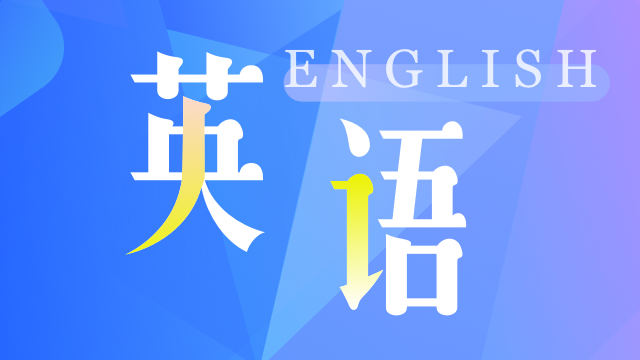每周词汇精选:Wind
作者:Learn American English Online
来源:看东西
2015-07-22 11:54
These are actually two different words with one spelling.
“wind”其实是两个不同的词,只是拼写相同。
When the word refers to the movement of air, it sounds like “wind” (short “i” sound).
当这个词意为“风”“空气流动”的时候,发音为[wɪnd]。
•The wind is blowing pretty hard today.
今天刮了很大的风。
•It’s windy today. (“Windy” is an adjective.)
今天是起风天。
•There’s a lot of wind in the winter and the spring.
冬天和春天经常会刮风。
•The wind blew down a tree outside of our house.
大风吹到了我们屋外的一棵树。
•The wind is very strong.
风很大。
If you pronounce the vowel with a long “i” sound, this word becomes “wind.” When you turn something such as a watch, a timer, or a toy, you “wind” it (long “i” sound).
当发音为[waɪnd]时,意思则变为“给手表、计时器或玩具等上发条”。
原型simple: wind
过去式past: wound
过去分词past participle: wound
•I have to wind my watch.
我要给我的手表上发条。
•This watch needs to be wound. (passive infinitive)
这表得上发条了。(动词不定式的被动语态)
•If you wind this toy, it will walk across the room.
如果你给这玩具上了发条,它能在房间了到处走动。
The word “wind” is also used to describe roads, pathways, and directions–especially when something is not straight:
第二种发音的“wind”也可以用来描述道路、方向等蜿蜒曲折。
•The highway winds around the mountain.
这条盘山公路蜿蜒向前。
• We wound our way through the forest.
我们兜来绕去地穿过了森林。
•You’ll have to wind your way through this crowd to reach the front of the stage.
你得左挪右挤才能到达舞台的前面。
As an idiom, “wind up” means to finish in a location or a position:
“wind up”是一个习语,意为“最后来到”“到头来”。
•Because we took a wrong turn, we wound up in the wrong place.
由于我们拐错了个弯,就到了个错的地方。
•If you don’t study hard, you’ll wind up getting bad grades.
如果你不努力学习,最后你得到的分数会很糟糕。
•Joe wound up going to law school to become a lawyer instead of medical school to become a doctor.
乔最后并没有念医学院成为一名医生,而是念了法学院,成为了一名律师。











